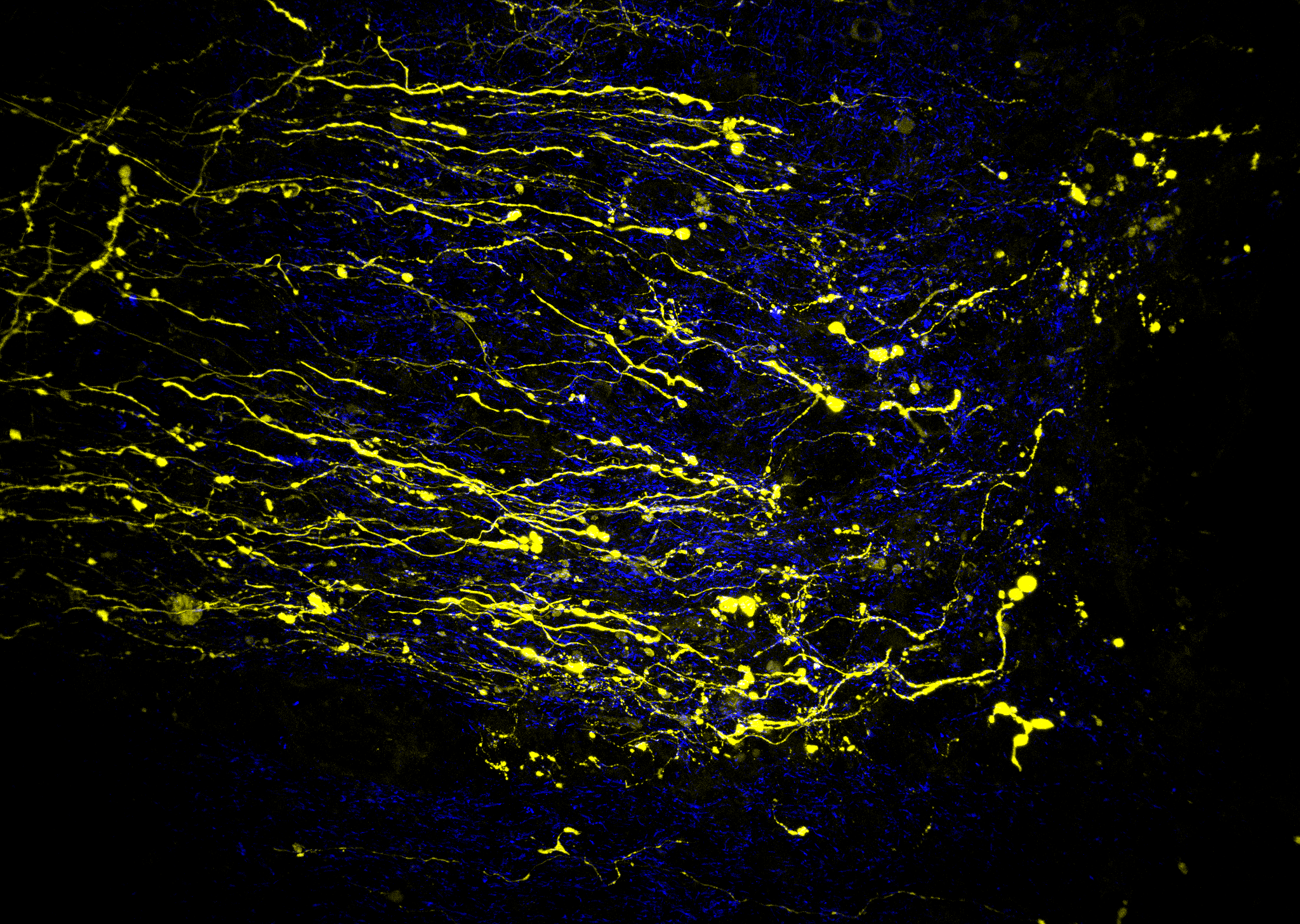Cell Division; Molecular Motors
Every cell in your body possesses a framework of microtubules that can be highly dynamic (as in dividing cells) or more stable (neuronal axons, red blood cells). Molecular motors, known as dyneins and kinesins, translocate along these microtubules using the energy of ATP to transport organelles and protein complexes to regions of the cell where they are needed. This is essential for determining cell shape, extending processes such as axons and dendrites, organizing zones of activity in the cytoplasm and for segregating chromosomes with high fidelity during cell division.
Microtubules are intrinsically dynamic meaning that they transition rapidly between assembly and disassembly in an unpredictable manner. We aim to understand how microtubule motors and other accessory proteins control this dynamic behavior to remodel the microtubule cytoskeleton, control cell shape and movement and facilitate chromosome segregation. Specifically, we focus our efforts on two unusual classes of kinesin-related proteins: the kinesin-13 family of microtubule depolymerizers and the kinesin-8 family of motile modulators of microtubule dynamics. Both of these classes of kinesins are involved in facilitating chromosome movement and mitotic spindle assembly and both alter the dynamic behavior or microtubules. We study these molecules both at the single molecule level, using total internal reflection fluorescence (TIRF) microscopy and also at the cellular level using high-resolution live imaging to evaluate their function in cells.
Selected Publications:
KIF2C/MCAK a prognostic biomarker and its oncogenic potential in malignant progression, and prognosis of cancer patients: a systematic review and meta-analysis as biomarker. rit Rev Clin Lab Sci. 2024 Sep;61(6):404-434.
Production of CRISPR-Cas9 Transgenic Cell Lines for Knocksideways Studies. urr Protoc. 2023 Dec;3(12):e965.
Microtubule Targeting Agents in Disease: Classic Drugs, Novel Roles. Cancers (Basel). 2021 Nov 12;13(22).
Functional characterization of MCAK/Kif2C cancer mutations using high-throughput microscopic analysis.Mol Biol Cell. 2020 Mar 19;31(7):580-588.


